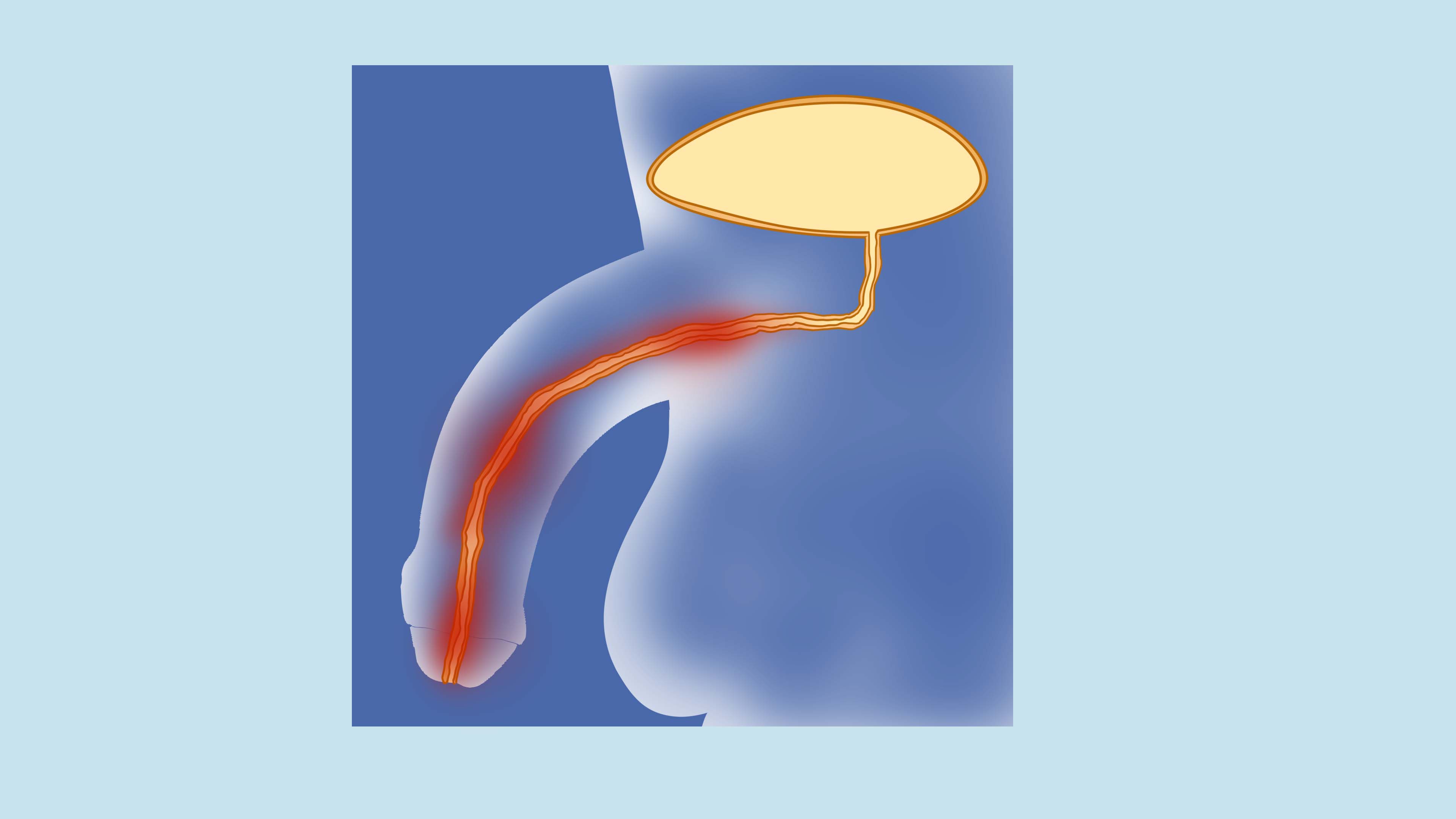Male Fungal Urethritis: What's the Cause and What to Do
Generally, male candidal urethritis may be related to poor local hygiene, reduced immunity, urethral stricture, benign prostatic hyperplasia, diabetes mellitus, etc. If discomfort symptoms occur, it is recommended to seek medical attention promptly and undergo general treatment and drug therapy under the guidance of a physician. Detailed analysis is as follows:

1. Poor Local Hygiene
If men do not pay attention to personal hygiene in daily life, such as failing to clean the perineal area promptly or infrequently changing underwear, it may lead to fungal growth around the urethra, subsequently causing candidal urethritis. It is recommended to improve personal hygiene, keep the perineal area clean and dry, and change underwear frequently.
2. Reduced Immunity
When immunity is reduced in males, for example, due to prolonged fatigue, staying up late, malnutrition, etc., the body's resistance to fungi may weaken, thereby increasing the risk of candidal urethritis. It is recommended to adjust lifestyle habits, ensure adequate sleep, maintain a balanced diet, and enhance immunity.
3. Urethral Stricture
Patients with urethral stricture may experience poor urine drainage due to narrowing of the urethral lumen, leading to urine retention in the urethra, which provides a favorable environment for fungal growth, subsequently causing urethritis. This condition is usually accompanied by symptoms such as difficulty in urination, a thinner urine stream, and post-void dribbling. Under medical guidance, surgical treatments such as urethral dilation or urethroplasty can be performed to improve urethral stricture. Additionally, antifungal medications such as clotrimazole cream, miconazole cream, and fluconazole capsules may be used for treatment.
4. Benign Prostatic Hyperplasia
In patients with benign prostatic hyperplasia, the enlarged prostate may compress the urethra, causing poor urine flow and prolonged urine retention in the urethra, providing an opportunity for fungal growth and causing the aforementioned symptoms. Symptoms usually include frequent urination, urgency, increased nocturia, and difficulty in urination. Alpha-blockers such as tamsulosin hydrochloride sustained-release capsules, doxazosin mesylate tablets, and 5-alpha-reductase inhibitors like finasteride tablets may be used under medical guidance to alleviate symptoms. Antifungal medications such as amphotericin B for injection, ketoconazole shampoo, and itraconazole dispersible tablets may also be used for treatment.
5. Diabetes Mellitus
Diabetes mellitus may be caused by obesity, mental stress, viral infections, abnormal autoimmunity, etc. Patients with elevated blood glucose levels have increased sugar content in their urine, which provides a rich nutrient source for fungi, thereby increasing the risk of candidal urethritis. Symptoms usually include increased thirst, frequent urination, weight loss, etc. It is recommended to follow medical advice and use medications such as metformin tablets, gliclazide MR tablets, and glipizide tablets for treatment. Additionally, antifungal medications should be used concurrently.
It is recommended to develop good hygiene habits, maintain a balance between work and rest, and avoid excessive fatigue to promote overall health.










